Waterproofing for brickwork made simple! Discover Permacon
In the world of construction and DIY home improvements, weatherproofing brick walls is a must-have, not just a nice-to-have. Both experienced professionals and dedicated DIY enthusiasts need to pick the right waterproofing solution for the job. Waterproofing is crucial for protecting your brickwork and shielding your building from harsh weather. With eco-friendly, affordable, and durable options in mind, let’s discover which ones are the best for your next project.
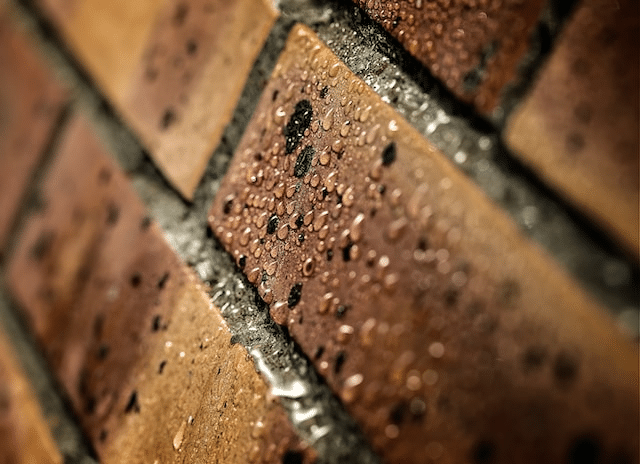
Protecting masonry materials from moisture
Masonry materials are the building blocks and elements used in construction, mainly consisting of materials like brick, stone, clay, concrete, and other similar substances. They are prone to absorbing water, which can lead to a lot of problems. The excess moisture can settle within the wall cavity and on the surface, causing cracks in the brickwork and faulty mortar over time.
Prevent structural damage
This not only affects the structural integrity of your building, but can also lead to the formation of unwanted substances like hygroscopic salts. Structural defects, if not addressed, can result in considerable structural damage over time.
Waterproofing for brickwork
To combat this, some waterproofing and damp-proofing options are available. Waterproof brick treatments and water-repellent creams or paints can provide a protective coating that helps prevent water penetration. These treatments are specially designed for masonry and are usually easy to apply. They can help maintain surface temperatures by reducing the impact of the weather on the wall.
Why is waterproofing important for brickwork?
Waterproofing isn’t just about keeping the rain out; it’s crucial for the long-term durability of your brick structures. Without it, you face the risk of water penetration, dampness, and damage – a consistent enemy to structures that all DIY enthusiasts and professionals selfishly guard against. But not to worry, because we have the knowledge and the excitement to explain to you how you can master waterproofing your brickwork.
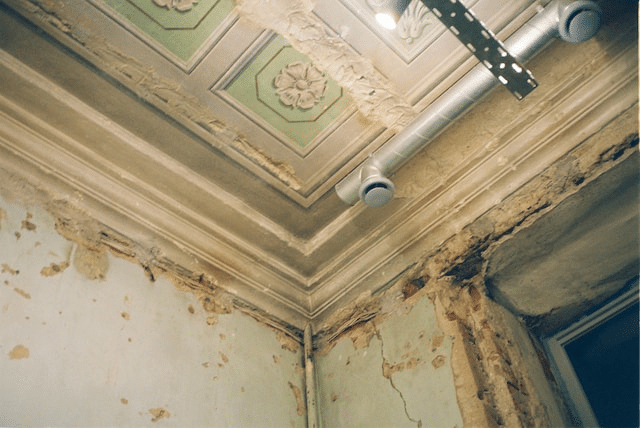
Not waterproofing brickwork is disastrous for your health
First things first, let’s scare you a little so you understand the importance of waterproofing brickwork. Failures in brick waterproofing can drastically reduce a structure’s life expectancy and could lead to a lot of issues. Just think about how fast a brick surface soaks up moisture, this can cause mold to grow inside your stone walls. Penetrating damp air and excess moisture, is a huge threat to your health and that of the people around you.
Protect your house and use a brick sealer
Prolific mold growth is more than just a minor inconvenience or cosmetic issue – it’s a significant health risk that professionals and DIY enthusiasts like yourself should never ignore. Typically, a result of unchecked moisture absorption and excess humidity, mold can quickly grow in wet and poorly ventilated parts of your house, like bathrooms, basements, and other areas where water might get in. By using water-repellent creams or any other water-repellent treatment – you can protect your home and breathe cleaner air.
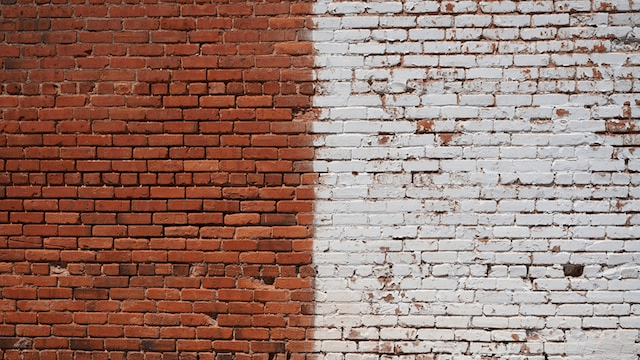
Start sealing your brick walls
From a health perspective, the risks of not using brick sealers are considerable. Mold can produce allergens and irritants that may lead to allergic reactions, respiratory problems, and even lung infections, especially in individuals with compromised immune systems. Not something you want in your mere presence, let alone in your house.
Treat your house like a home
Waterproofing brickwork is not just about protecting the structural integrity of the building – it’s about safeguarding our health and the health of the environment. With sustainable, eco-friendly waterproofing solutions at our disposal, we can tackle this issue head-on, making sure our buildings are robust, efficient, and, most importantly, healthy places to inhabit.
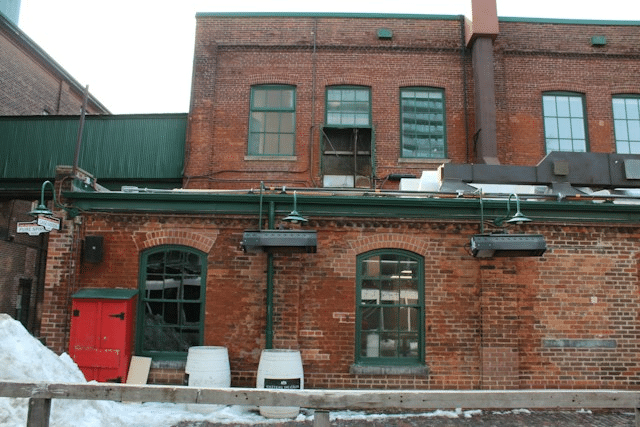
Waterproofing older buildings
As for older homes or buildings, the importance of using something like waterproof masonry creams, is even more crucial. Over the years, these structures may have been exposed to various weather conditions, which could potentially have caused some wear and tear. You might face issues with the foundation, bricks, or masonry, which may have become more porous and hence more susceptible to water damage over time.
This means water and dampness can more easily penetrate the structure, leading to problems like moisture build-up, mold, and possible structural damage. It’s necessary to inspect the house carefully and carry out waterproofing measures where needed to preserve the historical value and longevity of the house.
Waterproofing a new build
When it comes to a new construction, waterproofing is just as important but provides an opportunity to be proactive rather than reactive. While the building is still in the construction phase, relevant safety measures can be put in place early on to prevent any prospective water damage. It’s important to waterproof areas that are the most likely to come into contact with water, such as basements, the foundation, and roofs.
This proactive approach to waterproofing new builds not only ensures that the structure will be safe from potential water damage, but it can also be more cost-effective, as it’s less expensive to budget for waterproofing during the construction phase than to tackle water damage problems after they have occurred.
What kind of brick waterproofing is available?
There are various options available for waterproofing bricks in your home to protect it from water damage and mold.
What do you need: a water-repellent paint or sealer?
One option is sealing the bricks with a waterproof sealant that is applied like paint. This creates a barrier on the brick surface that water can’t penetrate. Now, there are a few water-repellent paints available, but you want and need more than a water-repellent paint.
Permacon Concrete Waterproofing
The best solution and alternative to a water-repellent paint is Permacon Concrete Waterproofing. A waterproofing product specifically designed for concrete and similar materials. It can be applied using a paintbrush or a low-pressure sprayer, much like a paint, and it can be painted over – which makes it an ideal product for interior use.
It is more than a ‘waterproofing paint’ due to its specialized formulation and capabilities that exceed typical waterproofing paints. What it does is that it permanently waterproofs the concrete and even provides a lifelong guarantee.
Oppercon sealer
Another solution could be using water-repellant sealers, such as the Oppercon sealer. They’re applied to the bricks and let the material breathe, but still repel water. These are mostly used externally, because they don’t alter the brick’s appearance and maintain the building’s breathability.
A water-repellent coating could for example be used for your driveway or exterior walls.
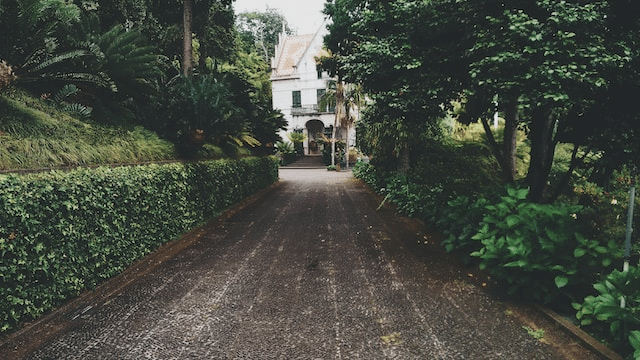
What should you use to waterproof brick?
For a waterproofing solution that stands the test of time – and weather – turn to Permacon.
Permacon makes waterproofing easy for both experts and DIY enthusiasts. It’s simple to use and creates a protective layer on your bricks to prevent water damage. At the same time, it allows any trapped moisture to get out. This avoids problems with condensation and ensures that your building remains strong and stable.
Waterproofing brickwork in an eco-friendly way
You might be wondering how Permacon aligns with an eco-conscious agenda? Well, aside from promoting durable construction that minimises repeat resources, Permacon itself stands tall in environmental responsibility. Learn more about Permacon, and how it can serve as your trusty brickwork companion.